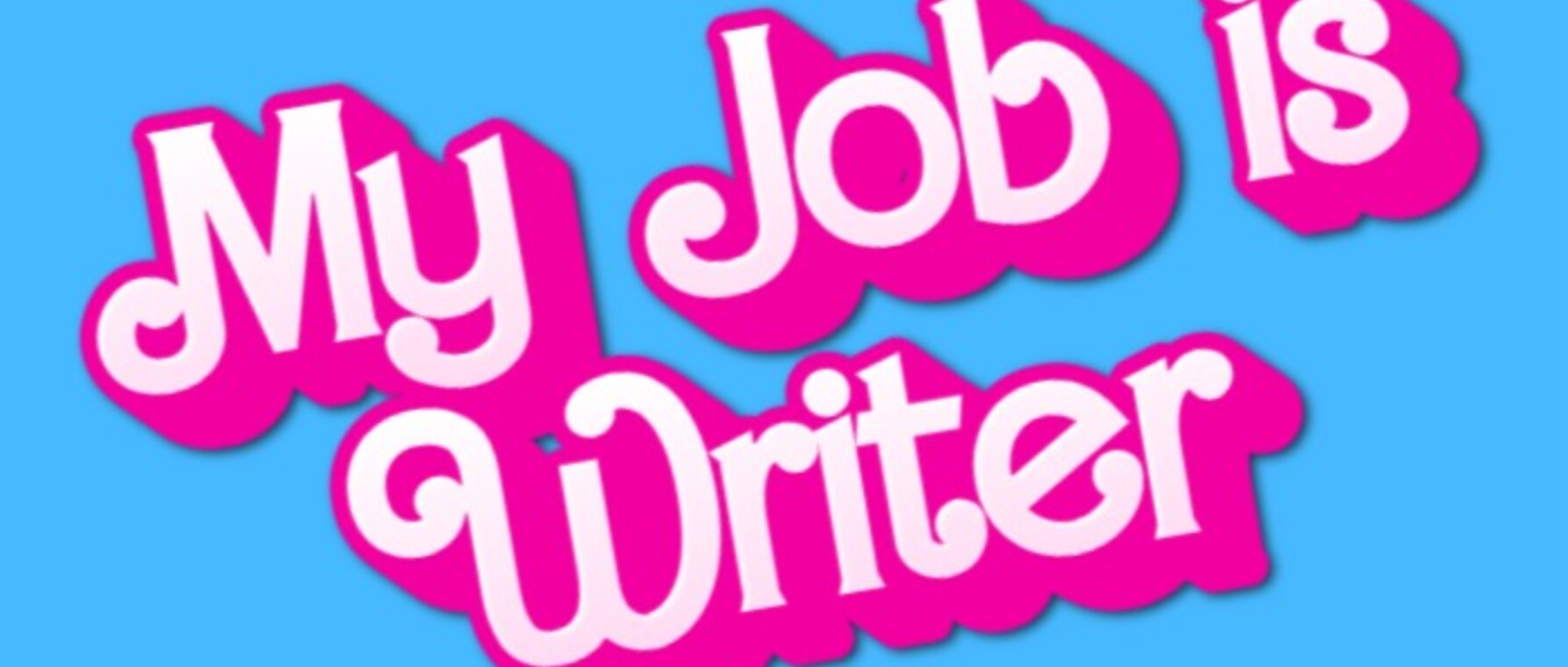Thanking the Writer Within
Notes From a Writer's Desk

As academics, we generally have lots of control over our own time and how we focus that time. But that reward is also one of the most difficult parts of being an academic: we have to be self-motivated and self-regulated, and we have to manage our own time with fewer concrete and external deadlines than our private industry peers. Amid the stress of scholarly production, the weight of teaching and other responsibilities, and the existential crisis of a difficult job market, it can sometimes feel impossible to appreciate the reward of having the pursuit of knowledge be our primary vocation. Writing can feel impossible, and often takes a backseat to our other academic pursuits. That’s not to mention the hardships of writing itself, carving out that self-organized time and staying focused. As we come up on Thanksgiving, I ask you to be a little selfish. Give thanks for yourself and for your pursuits. Be generous to your own mind and ambitions; show yourself some kindness as you write.
It’s not enough to just say, “Thank you to me!” I really mean be generous with yourself. As a wise sage once said, “I’m just Ken (and I’m enough). And I’m great at doing stuff.” Here are some suggestions for being “Kenough”:
Celebrate your existing writing and accomplishments. Literally say out loud, “Good job!” to yourself. Seriously. Read through your CV and tell yourself how proud you are to have presented that conference paper, or received that grant, or taught that class. Try this with your writing, too. Pull up an old seminar paper or conference paper, or even an abstract. Something you wrote in the past. Maybe even notes from a reading or class! Any bit of writing will do. Read it, and tell yourself what a good job you did. You wrote those words. You put them on the page. They're yours. On a recent episode of the podcast Writing It!, the developmental editor Gillian Steinberg said that academics often get stuck because they hear a voice in their head telling them they aren’t good enough or reminding them of some past writing error. Her solution is to identify that voice and vanquish it with good voices. She tells writers, “You wouldn't say that to a friend, so why say that to yourself?” You can vanquish that negative voice by replacing it with a supportive one.
Acknowledge and Adjust. Goal setting is a tried-and-true way of making progress on writing projects, but an unfortunate side effect of this technique is treating those goal posts as measuring sticks of our capabilities. We don’t meet a goal and feel unmotivated to pursue new ones. This win/lose mentality undermines our process and doesn’t help us be better writers. I had hoped to get an article finished by the end of the summer, and here we are in November! I could let that derail me and make me feel like I’m a failure who will never publish anything. But instead, I’m using this as a lesson in reframing my own expectations about how quickly I can write, when I can write, and what habits make me feel good about my writing. Programs like the Writing Oasis help us to set time-oriented goals, but the point isn’t to succeed or fail. The point is to better understand your own process. Maybe you can write 250 words in an hour, or maybe you need three days. Either way is perfectly fine. The trick is to know your goals, acknowledge how your experience of trying to meet your goal went, and adjust your expectations to suit.
Rest! Rest! Rest! Many academic writers fall into the trap of binge writing. They feel they don’t have enough time to write, and then when they do have time, they write like the dickens and don’t stop. There are some people who can do this and be successful and not burn out. But most people cannot sustain this type of writing practice. A good way to avoid this cycle is building a writing habit that includes periods of rest. In being generous to yourself this week, however, don’t worry about a habit or trying to write every day or whatever technique you’ve been told to try. This week, just rest. If you are binge writing one day, set an alarm for various points in the day to force a break. Get away from your screen and your keyboard and take a walk, stretch your body, and think about something (anything) other than your writing project. This moment of rest will do you more good than can ever be quantified. Rest is refreshment for the brain and body; it will give you a better perspective on your argument, help you work through a tricky literature review, and so much more.
There are many more ways to restore and regenerate your confidence, and I hope this week that you find something that works for you. Above all, thank yourself for being you and for having the courage to pursue your (academic) dreams.
Ready to book an appointment with FWC staff? Access the FWC intake form.
Get the Latest Updates
Join Our Newsletter
Subscribe to Colloquy Podcast
Simplecast




